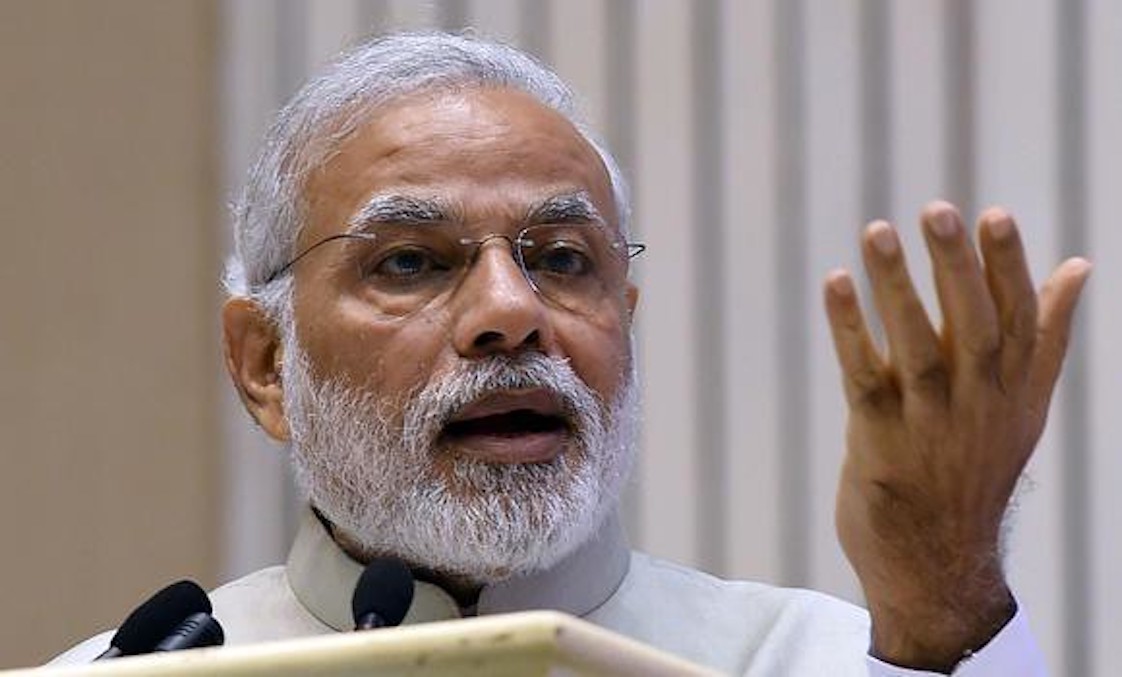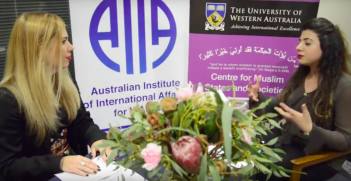Kashmir: The Situation Is About to Get Much Worse

Prime Minister Modi’s decision to revoke the special status of Kashmir is a dramatic move which will have far-reaching repercussions, especially in India’s relations with Pakistan.
On Monday the Indian Government of Prime Minister Modi revoked by presidential order Jammu and Kashmir’s (JK), special status within India. In its basic essence, the presidential order scrapped Article 370 which allowed JK to make its own laws, except in matters dealing with foreign affairs, defence and communications, and it cancelled Article 35A which gives the power to the JK legislature to determine who is a permanent resident of the territory. Only permanent residents of JK are legally allowed to own land and apply for government jobs, scholarships and financial assistance. Both these articles are enshrined in the 1952 Delhi Agreement between the Nehru government and the Prime Minister of JK Sheikh Abdullah. The presidential order would come into force “at once.” The Muslims of JK now worry, with some justification, that these constitutional changes will allow non-Muslims to permanently settle in Kashmir and change the demographics of this only Muslim-majority state.
Modi’s decision to move early on the Kashmir issue was really no surprise, certainly not to the Kashmiris. The scrapping of the special status for JK had been on his party’s manifesto for the national election which was held in April and May and which returned Modi’s Hindu nationalist Bharatiya Janata Party (BJP) to power with an increased majority in parliament. However, what has surprised the JK residents is the heavy-handedness of Modi’s tactics in the lead-up to the announcement. Some 38,000 additional troops were brought into the territory — already the most militarised zone on earth — to deal with the inevitable popular reaction to the unilateral decision by the Modi government. In addition to the increase in the security force presence, a curfew was imposed, schools and universities were closed, the internet was shut down, thousands of tourists and pilgrims were told to leave, and politicians, including former chief ministers Mehbooba Mufti and Omar Abdullah, were put under house arrest. At the time of writing, Kashmir was still in lock-down mode.
It’s too early to assess what will be the reaction of the local population to Delhi’s decision. However, if statements made by local leaders about the possibility of this move is anything to go by, I suspect the reaction will be swift, widespread and long-lasting. Accordingly, and sadly, we can expect India’s reaction to any opposition to be heavy-handed and punishing. Those additional troops were brought in precisely for that: to nip in the bud a potential uprising. We can expect hundreds of civilian youths to be killed, as happened during uprisings in 2008, 2009 and 2010.
The reaction from neighbouring nuclear-armed Pakistan — a country which has gone to war with India over Kashmir several times, notably in 1947-48, 1965 and 1999 — was quick. Prime Minister Khan termed Prime Minister Modi’s action as “illegal” and one that would “destroy regional peace and security.” The Chief of Army Staff, General Qamar Javed Bajwa, stated during a meeting of the country’s corps commanders that the country would be “prepared and shall go to any extent to fulfil our obligations” to the Kashmiri people. The Pakistani foreign ministry stressed that “Jammu and Kashmir is an internationally recognized disputed territory.” And it said that “no unilateral step” by the Indian government could “change the disputed status.”
Needless to say, this latest development will provide further ammunition for the Pakistan-based militant groups, such as Jaish-e-Mohammad (JeM) and Lashkar-e-Taiba (Let), to attack Indian security forces in JK, as it did at Pulwana in February this year. Surprisingly, given that India was in election mode, Modi’s military response to the JeM attack was not only limited but ineffective. Moreover, in the brief military exchange between Pakistan and India, India lost two fighter jets and one of its pilots was captured by Pakistan. The pilot was returned safe and unharmed two days later. This was an Indian humiliation which Modi wasn’t about to leave unanswered.
And this is where the big regional picture comes into focus.
Lately, Pakistan has improved its relations with Washington because of the critical behind-the-scene work it has been doing in getting the Taliban to sit down with the US at the negotiating table to try to find a political solution to Afghanistan. As far as India is concerned it’s all a zero-sum game: anything Pakistan gains with the US is a negative for India. Moreover, if the Pakistan-supported Taliban were to regain power in Kabul once the Americans have left, this would be a serious loss for India which has been attempting to develop a strategic relationship with Afghan President Ghani’s government in order to weaken Pakistan’s long-term position in Afghanistan. Moreover, the US-Pakistan bilateral relationship has further improved since Imran Khan won the national election in July last year. And this was vividly demonstrated during PM Khan’s visit to the White House in July, when President Trump suggested he could mediate the Kashmir dispute between Pakistan and India, if asked to do so. This was music to Imran Khan’s ears and a red rag to the Indian bull. India rejects all external involvement in Kashmir which it considers a domestic issue.
Nevertheless, Pakistan will be hoping — perhaps in return for its help on the Afghanistan dossier — that the Trump administration will put pressure on India to moderate its approach towards Kashmir. However, this is unlikely to happen. President Trump’s reaction to events in Hong Kong is indicative of what to expect. Moreover, Washington would be looking at the long-term picture of the Indo-Pacific and, accordingly, it wouldn’t want to unnecessarily antagonize India over Kashmir when it needs it to be an ally in its increasing confrontation with China.
Nevertheless, there will be a limit to how long India will be able to keep Kashmir from becoming an international issue. In July the Office of the United Nations High Commissioner for Human Rights (OHCHR) released its second report on the situation of human rights in Kashmir. OHCHR was damning of the situation and called for an international commission of inquiry to investigate the allegations of human rights violations. India rejected the report and called it “false, with a motivated narrative.” Already, Kashmir has been in the media because of the indiscriminate use of pellet-firing shotguns by security forces as a crowd-control measure. Hundreds of people have been injured and killed. Needless to say, PM Modi’s decision on Kashmir will simply add a lot more fuel to an already volatile situation.
Sensing that events could quickly unravel, UN Secretary-General Antonio Guterres has urged India and Pakistan to exercise restraint. This sound advice would be particularly relevant in the event that the JeM or LeT conduct a terrorist act in Kashmir. If such an attack were to take place — a distinct possibility given the explosive situation — then all bets are off as to what would be the consequences for the region. We can only hope saner heads will prevail.
Dr Claude Rakisits, who did his PhD on Pakistan, has been following developments in South Asia for well over 30 years. His articles and interviews can be accessed at www.geopolitical-assessments.com. You can follow him on Twitter @ClaudeRakisits
This article is published under a Creative Commons Licence and may be republished with attribution.





